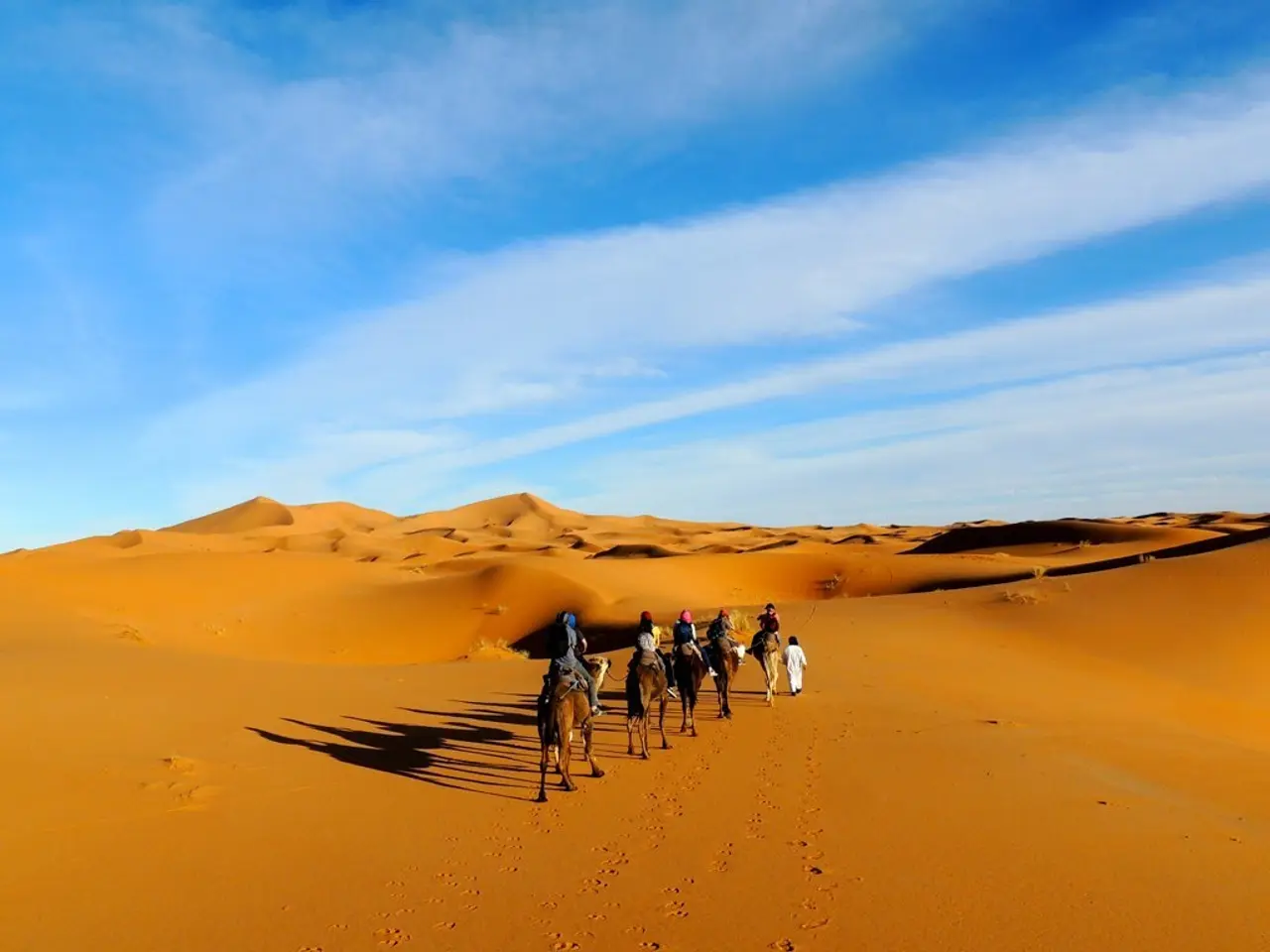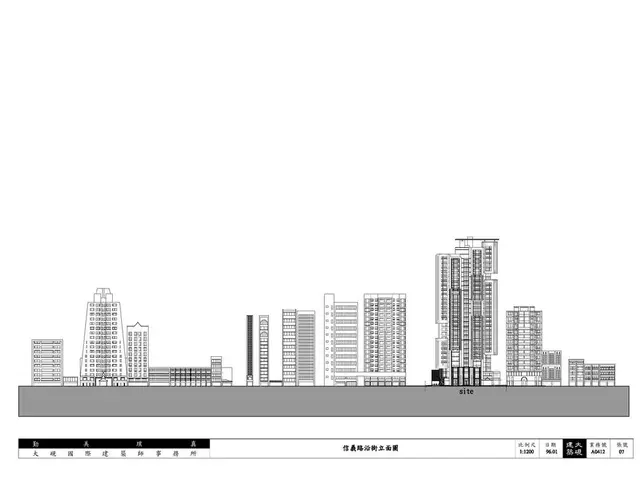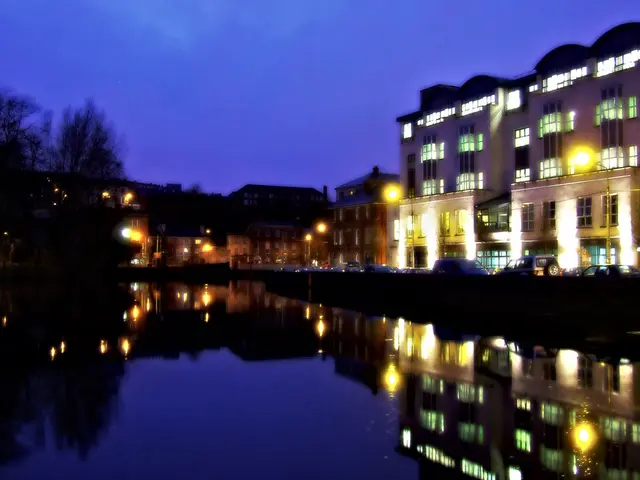Morocco’s Green March: A Historic Event That Reshaped Western Sahara’s Fate
On November 6, Morocco commemorates the Green March, a pivotal event in the region's history. This strategic move in 1975 involved 350,000 unarmed civilians entering Western Sahara, led by King Hassan II. The march aimed to reinforce Morocco's territorial claims and integrate the region into the kingdom. It triggered intense diplomatic negotiations involving Morocco, Spain, Mauritania, and the United Nations.
Prior to the Green March, Morocco had already made military advances into Western Sahara's northeastern border areas. The march itself, however, marked a significant escalation. It was planned in October 1975, with the king announcing the peaceful yet symbolic invasion. The event, named after the color of Islam, symbolized peace and hope in Moroccan narratives. However, the Sahrawi people, the indigenous inhabitants of the region, refer to it as the 'Black March', reflecting the simultaneous military invasion and its grim consequences.
The Green March led to a mass exodus of Sahrawis fleeing into the desert. Thousands faced atrocities, including murder, torture, and forced disappearances. Morocco subsequently laid claim to vast swaths of Western Sahara, despite resistance from the Sahrawi people. Mauritania also staked territorial claims, occupying the southern part of the region after the Spanish withdrawal.
The Green March, now a national holiday in Morocco, had far-reaching implications. It solidified Morocco's control over Western Sahara, despite international disputes and the UN's ongoing involvement in the region. The event remains a contentious issue, with the Sahrawi people continuing to advocate for their right to self-determination.
Read also:
- American teenagers taking up farming roles previously filled by immigrants, a concept revisited from 1965's labor market shift.
- Weekly affairs in the German Federal Parliament (Bundestag)
- Landslide claims seven lives, injures six individuals while they work to restore a water channel in the northern region of Pakistan
- Escalating conflict in Sudan has prompted the United Nations to announce a critical gender crisis, highlighting the disproportionate impact of the ongoing violence on women and girls.







